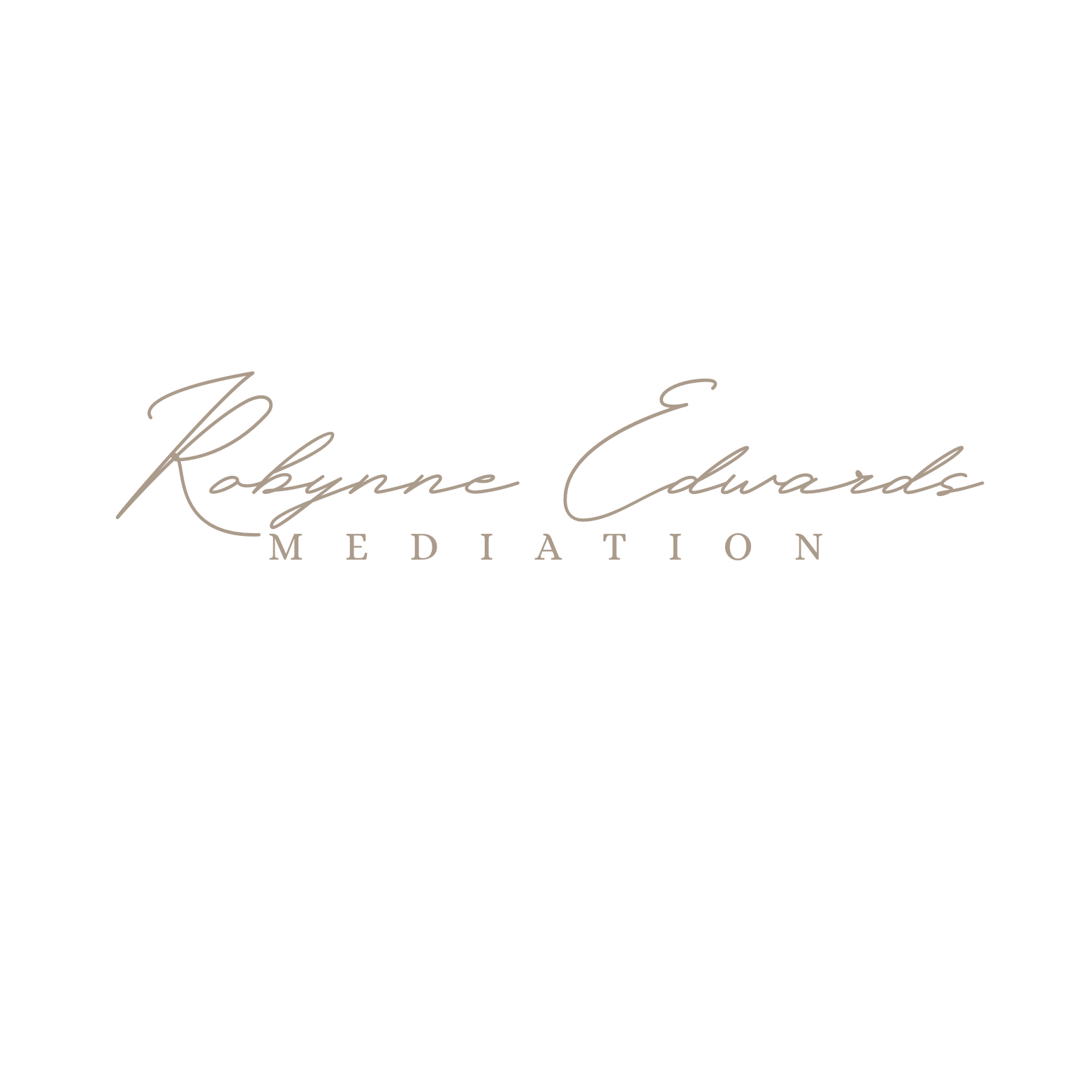Divorce is never easy. It’s a deeply emotional process that involves not only the end of a marriage but also the division of lives, finances, and—when children are involved—parenting responsibilities. In South Africa, however, divorce through mediation is becoming an increasingly preferred alternative to a lengthy, costly, and often combative court battle.
This blog explores how divorce and mediation intersect, what the process looks like, and why it could be the right approach for your family.
What Is Divorce Mediation?
Divorce mediation is a form of alternative dispute resolution (ADR) where a neutral, trained mediator helps separating spouses resolve the key issues of their divorce—such as child custody, maintenance, and division of assets—in a confidential, non-adversarial setting.
Unlike litigation, where a judge imposes decisions, mediation allows both parties to retain control over the outcome, fostering a more cooperative and sustainable resolution.
Why Choose Mediation Over Litigation in Divorce?
There are several compelling benefits of divorce through mediation, especially in South Africa’s evolving legal and social landscape:
Cost-Effective
Litigating a contested divorce can be prohibitively expensive. Mediation is typically a fraction of the cost, especially if the process leads to a full agreement outside of court.
Faster Resolution
While court processes are often delayed due to backlogs, mediation offers a faster track to resolution—sometimes in a matter of weeks.
Confidential and Private
Mediation takes place in a private setting. Unlike court proceedings, which are part of the public record, mediation protects the confidentiality of both parties.
Child-Centred
South African courts are guided by the best interests of the child. Mediation encourages co-parenting cooperation, reduces conflict, and helps parents develop practical parenting plans—often with far less emotional strain on children.
Customised Agreements
Mediated agreements are tailored to the unique needs of your family, rather than applying a one-size-fits-all legal solution.
Is Divorce Mediation Legally Binding?
Yes—once your mediated divorce settlement is made an order of court, it becomes legally binding and enforceable. Mediators often work alongside attorneys or refer parties to family lawyers to ensure the agreement aligns with the Divorce Act 70 of 1979 and other relevant legislation, such as the Children’s Act 38 of 2005.
Who Should Consider Divorce Mediation?
Divorce mediation is well-suited to:
- Couples seeking a respectful and amicable separation
- Parents prioritising the wellbeing of their children
- Spouses who want to save time and legal fees
- Individuals looking to avoid the stress and unpredictability of court
It may not be suitable in situations involving abuse, coercion, or where one party is unwilling to engage in good faith.
Conclusion: A Better Way Forward
Divorce and mediation offer a more constructive, dignified path through one of life’s most difficult transitions. For many South African couples, mediation provides the opportunity to move forward with clarity, respect, and stability—especially when children are involved.
If you’re considering divorce through mediation, consult a qualified family mediator who understands the nuances of South African family law and can help you navigate both the legal and emotional terrain of separation.
Need guidance on your divorce journey?
I help couples throughout South Africa resolve family matters through compassionate, professional mediation. Contact me today to explore whether divorce mediation is the right fit for you.

